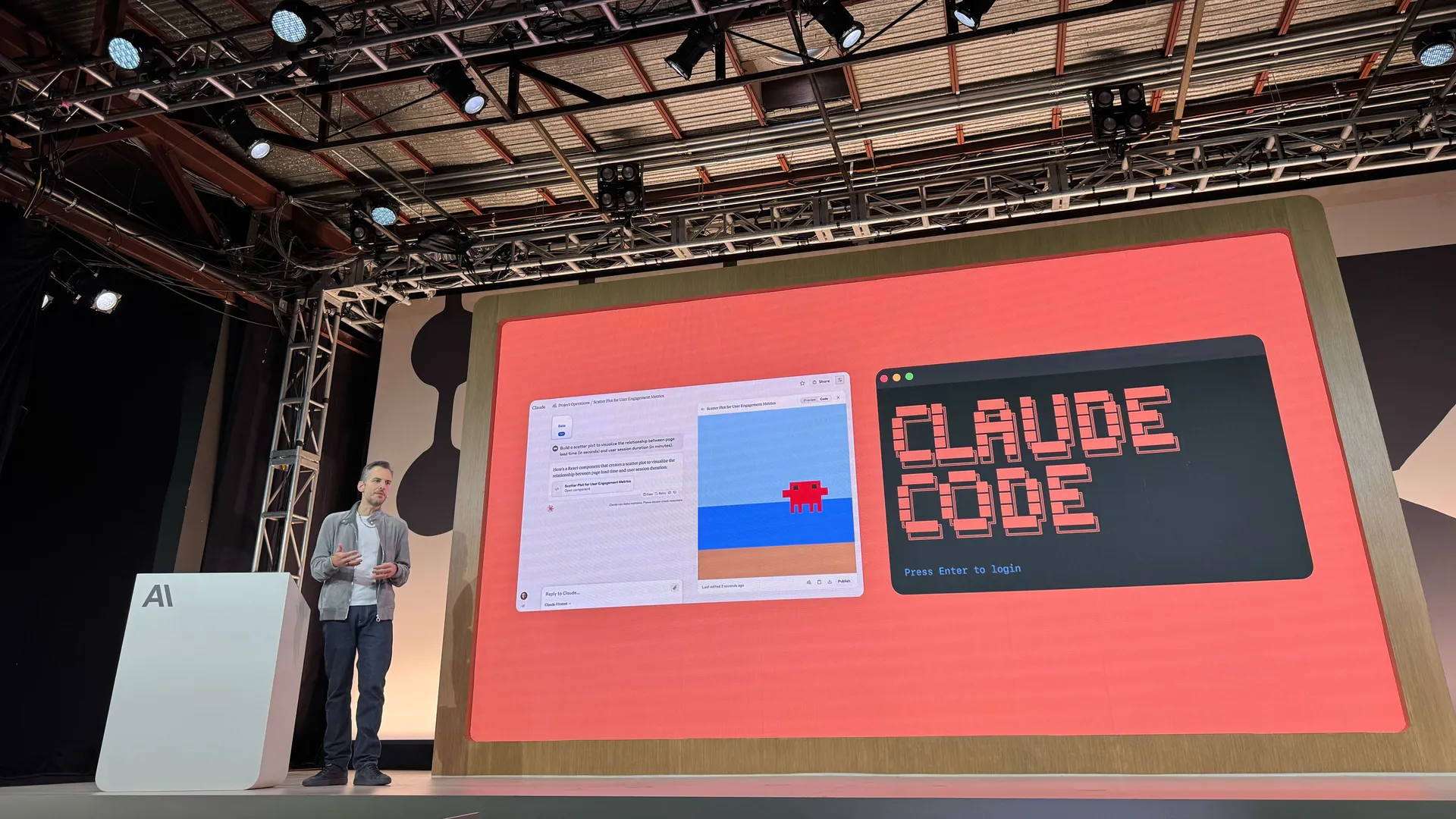Can artificial intelligence systems capable of autonomous action and decision-making become a reality that augments human workers? Or will they be an agent oppression, hell-bent on efficiency?
Anyone who has been held in a customer service phone loop trying to resolve issues relating to products, services, accounts and so on will know the feeling – customer service can be a frustrating, time-consuming experience.
It feels like technology has not helped that much, so when Gartner trumpeted the prospects of agentic artificial intelligence (AI) last year, claiming it was a top tech trend for 2025, it felt a little hollow, something of a ‘here we go again’ moment. Was this a technology that would not only enable automated decision making, but would also form the bedrock on which more coherent and capable agents (AI or human) can operate?
Gartner refers to agentic AI as “a goal-driven digital workforce that autonomously makes plans and takes actions”. It sees it as “an extension of the workforce that doesn’t need vacations or other benefits”.
AI agents sit on top of this, beneficiaries of improved automated infrastructures and frameworks, managing and coordinating operational data. That’s the theory, at least, and recently Gartner doubled down, claiming that “by 2029, agentic AI will autonomously resolve 80% of common customer service issues without human intervention, leading to a 30% reduction in operational costs”.
This is echoed by GlobalData in its Automation 2.0: The rise of intelligent AI agents report, which calls agentic AI “a transformative force redefining the boundaries of automation”.
Kiran Raj, head of disruptive tech at GlobalData, says agentic AI has the potential to reduce administrative burdens in healthcare, streamline financial transactions, or optimise energy systems. “Its ability to adapt in real time positions it as a cornerstone of digital transformation, particularly in sectors demanding dynamic decision-making.”
These are big predictions. The problem is that when it comes to AI, we’ve had a lot of big predictions over the past 24 months. It can get a little weary fighting through the superlatives and references to “efficiency” and “seamless automation”.
While the idea of AI agents autonomously handling complex tasks is appealing, the reality is that adoption is slow. It’s a landscape still dominated by experimentation rather than scaled implementation.
That hasn’t stopped Nvidia CEO Jensen Huang from weighing in. During his keynote at the Nvidia GTC event recently, Huang described agentic AI as “the next wave” of intelligent systems, ones that can reason, plan and act with far greater autonomy than today’s predictive models. These agents, he suggested, will not just respond, they will actually do things.








